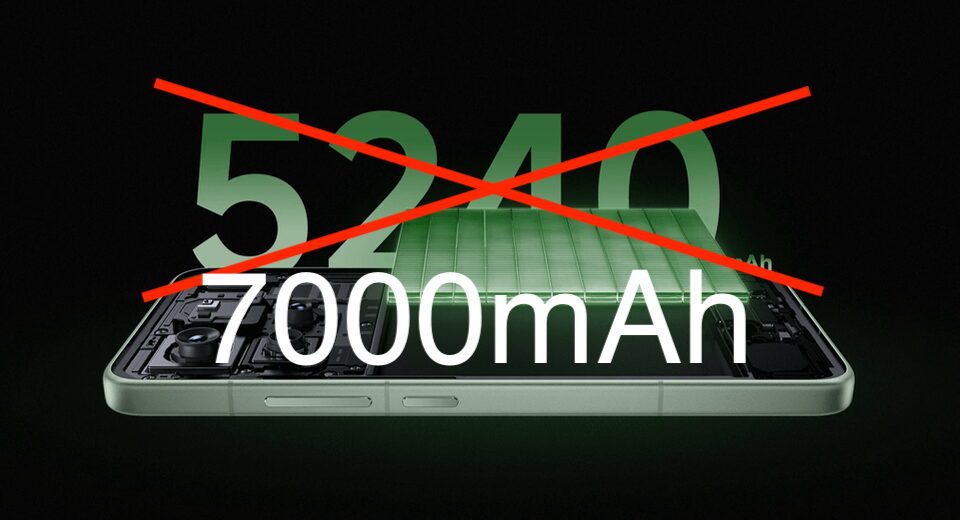Imports Plummet in April as Trump’s Tariffs Weigh on Trade


Americans bought fewer pharmaceuticals, cellphones and cars from other countries, and cut purchases of foreign machinery and other supplies. U.S. imports of foreign made goods fell sharply in April compared with the previous month, as tariffs clamped down on global trade. Much of the 16.3 percent drop from March, however, reflected the fact that importers rushed to bring many goods into the United States at the beginning of the year to get ahead of tariffs ordered by President Trump. That resulted in a record surge in imports and in the trade deficit in the first three months of the year. In April, Americans purchased fewer foreign pharmaceuticals, cellphones and cars, data from the Commerce Department showed. U.S. factories and businesses also significantly cut their purchases of foreign machinery and other supplies. Exports rose slightly, up 3 percent from the previous month. Travel increased by $0.3 billion, though some analysts said that number could fall further in the coming months, as fewer foreigners visit the United States. Overall, the U.S. trade deficit in goods and services fell sharply to $61.6 billion in April, compared to its record $138.3 billion in March. Mr. Trump has imposed tariffs on a variety of industries and trading partners since coming into office in January, raising the U.S. tariff rate to levels not seen in a century. The president has temporarily suspended some of the tariffs to allow for trade negotiations, but many are set to snap back into effect in early July unless deals are reached. “The big swing in the trade deficit reflects the global trade war,” said Mark Zandi, the chief economist at Moody’s Analytics. “With the tariffs, goods imports collapsed in April, leading to a much smaller trade deficit.” Mr. Zandi added that a smaller trade deficit would likely result in higher gross domestic product in the second quarter, since a trade deficit is subtracted from that figure. But he cautioned that the tariffs would still have negative consequences for American consumers and the economy. “The higher U.S. tariffs have severely disrupted global trade, which will soon show up as higher prices for many of the goods Americans buy, weighing heavily on their purchasing power and spending, and by extension, the broader economy,” he said. Trump officials have been seeking to lower the U.S. trade deficit, which measures how much more the United States imports than it exports. To the president and his advisers, the trade imbalance is evidence that the United States is importing too much, and needs to produce more of its own goods in American factories. Mr. Trump and his advisers argue that this will enrich the U.S. economy and strengthen national security. But many economists have taken issue with the president’s focus on the trade deficit as a scorecard for the relationship, arguing that it can fluctuate for many reasons, both good and bad. Many economists agree that the United States is too dependent on countries like China for critical manufacturing. But they caution that trade strengthens the U.S. economy and that imports are also linked with American jobs. Patrick Anderson, the chief executive of Anderson Economic Group, said that tariffs imposed on the automotive sector in April caused both exports and imports of vehicles, parts and engines to fall by billions of dollars. That change will hurt workers in the logistics, manufacturing and retail sectors, he said. Mr. Anderson said that the sharp decline in the trade deficit might seem like good news, but that it really indicated a reduction in economic activity and jobs. “Tariff policy is a hammer. It just hit the anvil of the U.S. economy,” he said.
What's Your Reaction?
 Like
0
Like
0
 Dislike
0
Dislike
0
 Love
0
Love
0
 Funny
0
Funny
0
 Angry
0
Angry
0
 Sad
0
Sad
0
 Wow
0
Wow
0






![[Podcast - Echoes of Africa ] : Uzi Freyja libère son enfant intérieur](http://static.euronews.com/articles/stories/09/31/91/24/640x360_cmsv2_b8d4dcca-e153-500c-9535-573864e58d44-9319124.jpg?1749232231#)


































